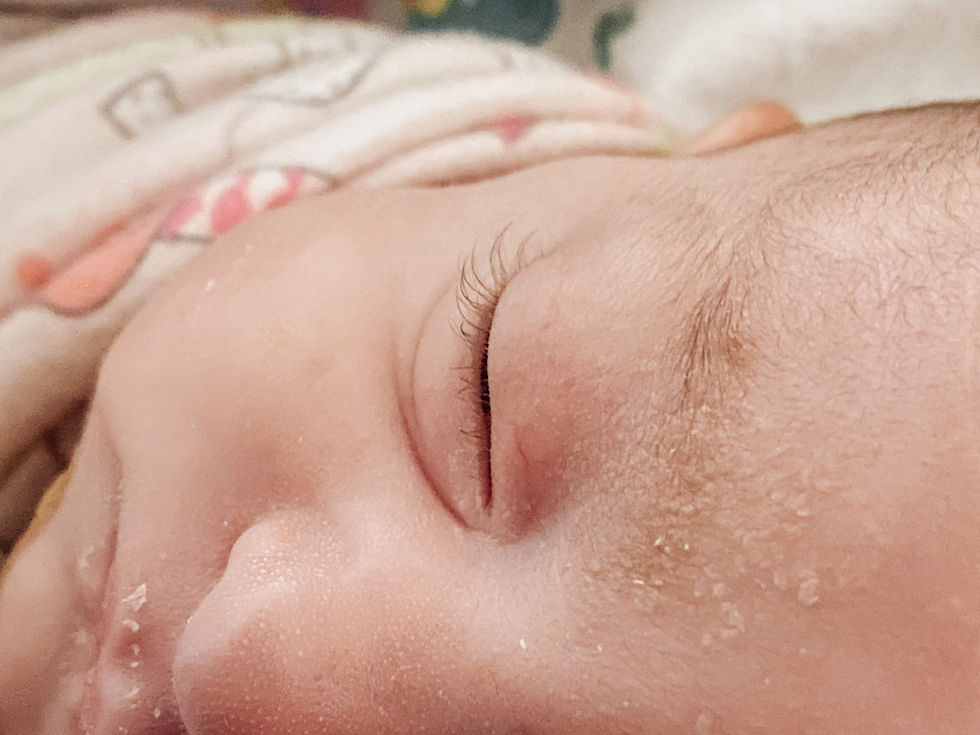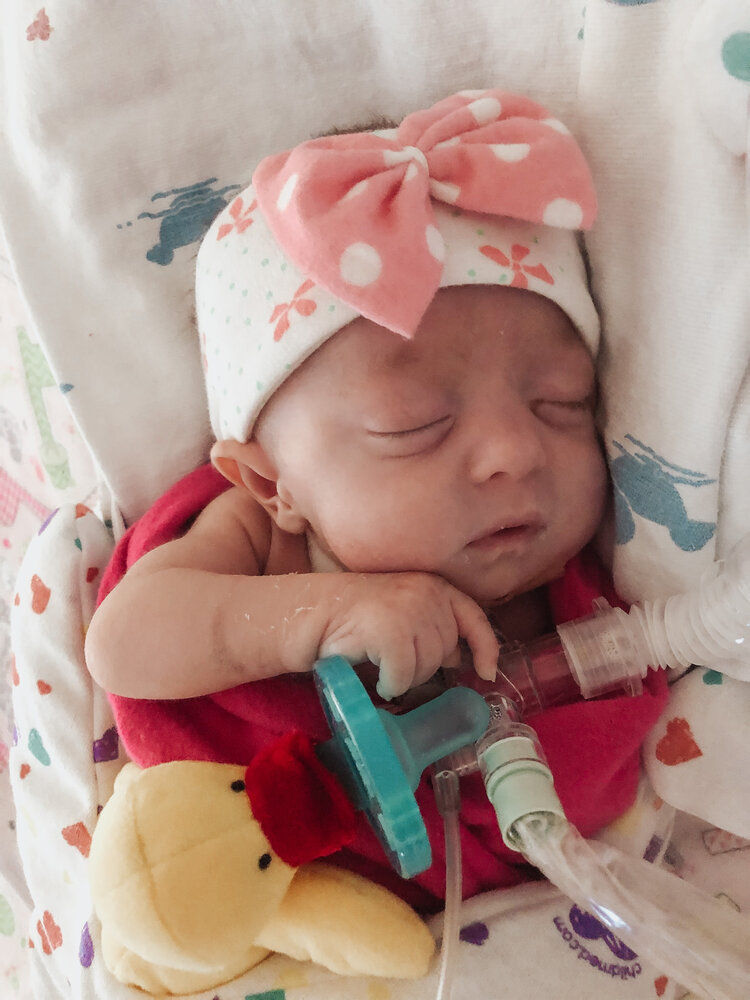
Biggest lesson learned to date. No one knows what it’s like stepping into this role but once you’re there, you’re fighting a constant battle. You’re ensuring the best for your child. You’re making sure the whole medical team is on top of things 24/7.
It. Is. A. Fight. The hardest one I’ve had to battle with to date.
In the first few weeks of her life, I was not a good advocate. I was in a constant whirlwind, trying to keep up, and learning EVERYTHING for the very first time. I was very afraid, and when baby is in the NICU, you feel very detached from their care. Especially when you have another child at home that also needs you, I wasn’t able to be at the NICU 24/7. Too often did I feel like my baby wasn’t my baby. It sucked.
I first started to step into this role when I had to make the decision for a Nissen Fundoplication surgery for Maggie. They told me it would take place during the g-tube placement. I decided to go out and research it on my own.
I received a lot of differing answers. So many moms told me how terrible the after-effects and long-term effects were like with the fundoplication. They told me it was their biggest regret, and they wish they had never been pressured to do it. This sat really heavy with me. I of course didn’t want something like that for my daughter - something that could potentially be not a good idea.
For those who don’t know, the Nissen Fundoplication takes the lining of the top of the stomach, stretches it out and ties it around the back with a staple so that basically no food could go back up which is termed as REFLUX. Yes, the term we all hate.
What I didn’t know at this time was that the reflux was swelling up Maggie’s airways. I would eventually find this out many weeks later but back to the main point of this blog post.
The true advocacy kicked in after her heart catheter procedure. I felt like I was truly hands on - I was her mama. It felt good, despite the very scary outcome of that procedure (read my previous blog posts for more info).
I had to beg the doctor to let me take Maggie home after her g-tube surgery. That was the first time I felt like I could speak my mind freely and speak up to a doctor. It was a strange feeling. I felt strong.

Because of this strength, going into the PICU was a hard adjustment for me. I watched the nurses like a hawk, I drilled the doctors with questions, I was always asking, speculating, theorizing, wondering. That whole first week in the PICU I was constantly researching and trying to fight for my daughter to see if there was any other way for her to not have to get a surgery.
Advocacy is saying no to procedures/tests when you don’t think they’re necessary. Advocacy is telling the nurse to stop bothering your baby when what they’re doing is unnecessary and it’s making her sad or angry. Advocacy is questioning the doctor's decisions because you want to be on the same page or have the same reassurance that they have. Advocacy is never letting the full reins go, making sure you always have control over what happens with your child.
It’s a wild ride, but it’s a good one.
My best advocacy moment to date has been when I asked (more than one doctor on more than one occasion) if Maggie could get an abdominal screening done to check for potential Hepatoblastoma and Wilms Tumor. I had been told many times by other T18 moms that these screenings are priceless because our babies are at higher risk.
The doctors thought I was crazy.
I let this slide for a few days, but I knew it was something I wanted done before Maggie was discharged. Getting tests and procedures done in the hospital is so much easier than outpatient. So, I did my research. A good T18 mom friend of mine told me where to find the evidence of actual printed medical literature of where it states that babies with a 1% higher risk of Hepatoblastoma should be screened every 3 months until the age of 7 years old. Maggie is three months in a week and a half.
I printed out this evidence from the National Cancer website and brought it with me to the hospital the next day. I asked to speak with the doctor, and she came in. I told her, “I have evidence that she needs this screening. Can you please make it happen?” She didn’t even question me.
Learn how to become an advocate. It definitely isn’t easy and is very scary at first but once you’re in it and you’re comfortable, it’s a feeling that can’t be described knowing you’re working so hard to get the best care for your baby.
Comments